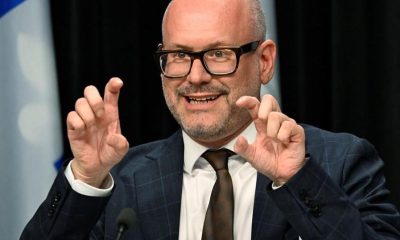OPEC+ officials have recommended additional oil production cuts of 600,000 bpd in response to the coronavirus outbreak that has crushed oil prices but Russia has yet to agree to the cuts, Reuters reported citing sources from the group.
“The recommendation is for a cut of 600,000 bpd. Russia has asked for more time for consultations,” one of the Reuters source said.
Yesterday, Bloomberg cited participants in the meeting as saying that Russia remained opposed to deeper cuts although it was not against the extension of current ones. This opposition is hardly surprising: Russia has consistently budgeted for lower oil prices than the actual ones since the 2014 price collapse, and as a result is much more resilient to price drops than Saudi Arabia. It has also signaled repeatedly it is making a compromise with its oil industry in supporting the cuts as they are.
“If it were intractable they would have left by now,” RBC Capital’s Helima Croft told Bloomberg. “It’s a quest for consensus still. But certainly it shows that this is not easy.”
The meeting in Vienna was called as an emergency response move after oil prices took a nosedive following the outbreak of the coronavirus in China. Soon after news of the virus spread, analysts began warning of a negative impact on China’s oil demand and, consequently, on prices. Prices anticipated the drop in demand, however, falling before the first data about lower fuel sales came in.
Saudi Arabia is pushing for additional cuts of half a million barrels daily, according to reports cited by Al Jazeera. Russia is against it and this time it may have an additional reason for its opposition; additional cuts may simply not work.
Libya’s production recently went from some 1.3 million bpd to about 300,000 bpd because of a continuing blockade of its oil export terminals that also led to the shutdown of several fields. This means a production decline of as much as 1 million bpd. Prices, however, have remained indifferent to this drop in global output.
One could argue that traders are much more responsive to concerted actions by OPEC+ but this response will not last long. Even the December agreement to extend the existing cuts failed to push oil prices lower for more than a week.
By Irina Slav for Oilprice.com
More Top Reads From Oilprice.com:
